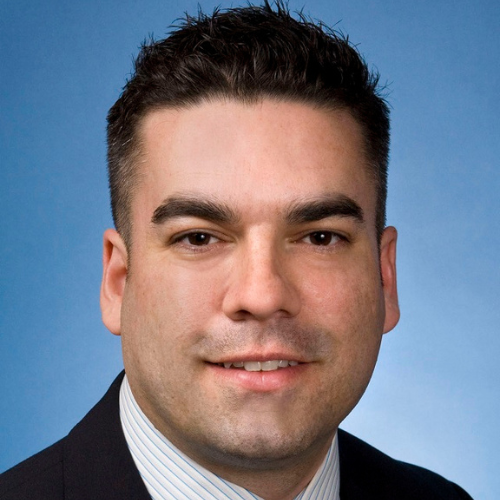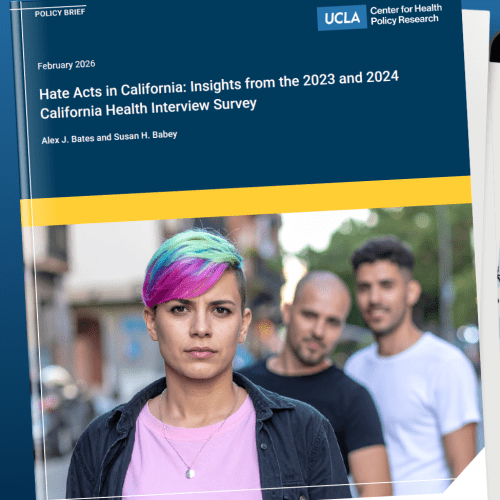U.S. News & World Report: Fentanyl Is Killing Us
The opioid's easy availability and high toxicity are contributing to American overdose deaths.
For the first time since 1993, life expectancy for a newborn baby in the U.S. declined in 2015. It is a small decline, but if this trend continues, our children and grandchildren will, on average, live shorter lives than us. There are several reasons to explain this decline in longevity, but one preventable cause is the rise in deaths from drug overdose – and of the most alarming new drugs causing overdose is fentanyl.
Fentanyl is an opioid pain medicine prescribed to cancer patients and others experiencing severe pain to which they may become addicted. It is similar to morphine but a staggering 50 to 100 times more potent, and up to 50 times more potent than heroin. Fentanyl is a tightly-controlled prescription medicine, but it is relatively easy to manufacture and obtain on the street and on the web.
Faculty Referenced by this Article

Dr. Michelle S. Keller is a health services researcher whose research focuses on the use and prescribing of high-risk medications.
Nationally recognized health services researcher and sociomedical scientist with 25+ years' experience in effectiveness and implementation research.

Dr. Ron Andersen is the Wasserman Professor Emeritus in the UCLA Departments of Health Policy and Management.

EMPH Academic Program Director with expertise in healthcare marketing, finance, and reproductive health policy, teaching in the EMPH, MPH, MHA program

Professor of Community Health Sciences & Health Policy and Management, and Associate Dean for Research











































































